Japan’s Diplomatic Efforts to Ease Middle East Tensions
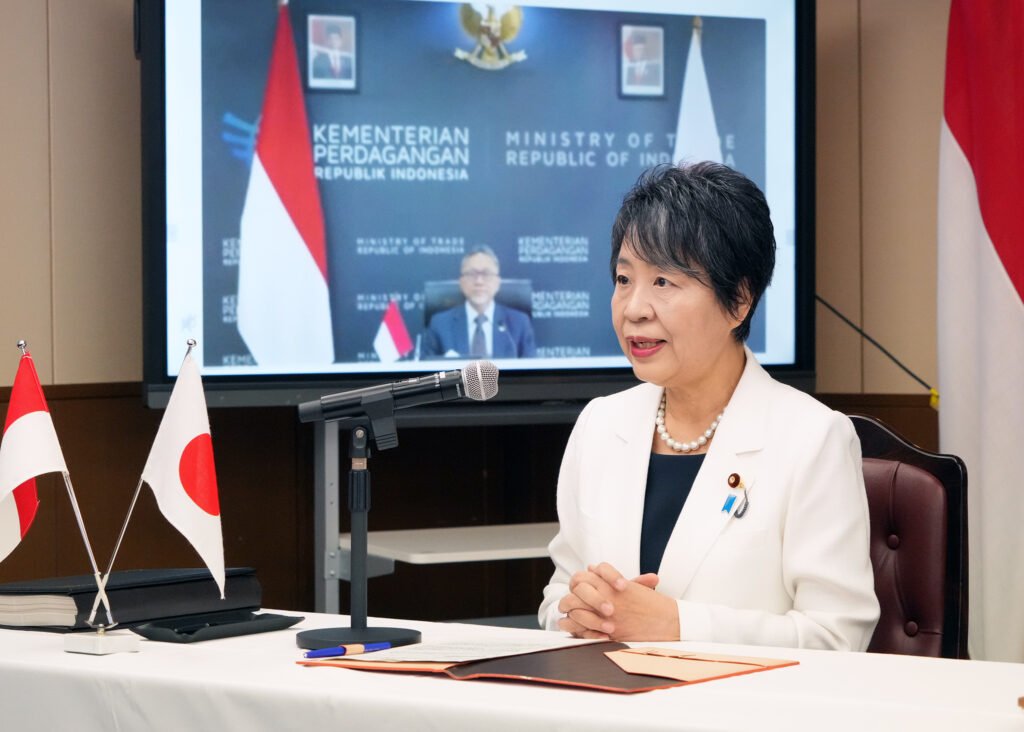
- Japanese Foreign Minister Yoko Kamikawa is set to tour Qatar and Bahrain to ease Middle East tensions.
- Kamikawa’s visit is part of Japan’s “balanced diplomacy” strategy, aiming for regional stability and energy security.
- Kamikawa has urged Iran to act “rationally” and promote self-restraint among its influenced forces.
- The success of Japan’s diplomatic efforts will have implications for global security and energy markets.
In a strategic move to alleviate escalating tensions in the Middle East, Japanese Foreign Minister Yoko Kamikawa is preparing for a diplomatic tour to Qatar and Bahrain. This initiative comes amidst growing concerns over the intensification of conflict in the region, particularly following the assassination of Ismail Haniyeh, the political leader of the Palestinian militant group Hamas, in Tehran last month. Iran, a long-standing supporter of Hamas, has alleged that Haniyeh was killed in an attack by Israel, which has been launching offensives on the Palestinian enclave of Gaza since October 2023.
The diplomatic sources have revealed that Kamikawa’s visit, scheduled for two days from August 28, is part of Japan‘s efforts to collaborate with regional actors to improve the situation. During her visit, Kamikawa plans to meet with her counterparts and other key figures in the two Arab countries. This diplomatic initiative reflects Japan’s broader foreign policy goals of ensuring energy security, promoting regional stability, and practicing balanced diplomacy.
Japan, being resource-poor and heavily dependent on Middle Eastern oil, traditionally pursues a balanced diplomacy between Muslim nations and Israel, which is backed by the United States, Tokyo’s key security ally. This approach aligns with Japan’s interest in multilateralism and conflict resolution, demonstrating its commitment to international cooperation and its role as a responsible global actor.
Japan’s Dialogue with Iran
In a related move, Kamikawa had phone talks with acting Iranian Foreign Minister Ali Bagheri Kani, confirming the importance of peace and stability in the Middle East. Kamikawa was quoted by the government as telling the acting foreign minister that Iran should act rationally and encourage self-restraint among the relevant forces over which the Middle Eastern country has influence.
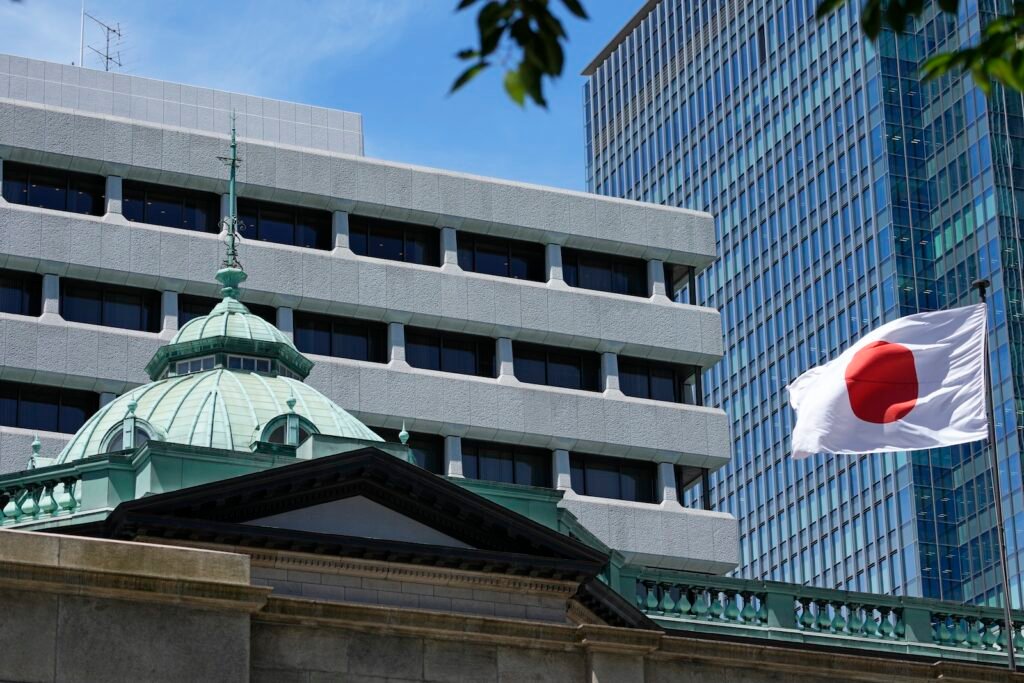
Meanwhile, Qatar, maintaining close relations with Iran and having dialogue channels with both Hamas and Israel, plays a mediating role over the war in the Gaza Strip. Bahrain, on the other hand, is this year’s chair of the Arab League, a 22-member regional organization. These countries’ roles in the region make them crucial players in Japan’s diplomatic efforts.
The situation in the Middle East has been further complicated by other regional developments. The Taliban, for instance, is treated in the region akin to the recognized government of Afghanistan, despite its repressive policies against women. The Islamist group’s return to power has increased its engagement with the international community, such as by attending a U.N.-led conference on Afghanistan earlier this year.
Japan’s Role in Global Security
In addition, U.S. President Joe Biden commended outgoing Japanese Prime Minister Fumio Kishida for transforming the country’s role in the global security field and helping form closer trilateral relations involving South Korea. This recognition underscores the importance of Japan’s role in maintaining regional stability.
The Middle East has also been grappling with other crises, such as the potential for an all-out war in Lebanon, even as Gaza ceasefire talks take place. The country’s health infrastructure is already strained due to the coronavirus pandemic, an economic collapse, and the huge explosion at Beirut Port four years ago.
In conclusion, the escalating tensions in the Middle East present a complex and volatile situation. Japan’s diplomatic efforts, led by Foreign Minister Yoko Kamikawa, aim to navigate this intricate geopolitical landscape, reaffirming cooperation with regional actors, and promoting peace and stability. The success of these efforts will not only impact the immediate region but also have far-reaching implications for global security and energy markets. As the world watches, the role of diplomacy in resolving conflicts and fostering peace becomes ever more critical.

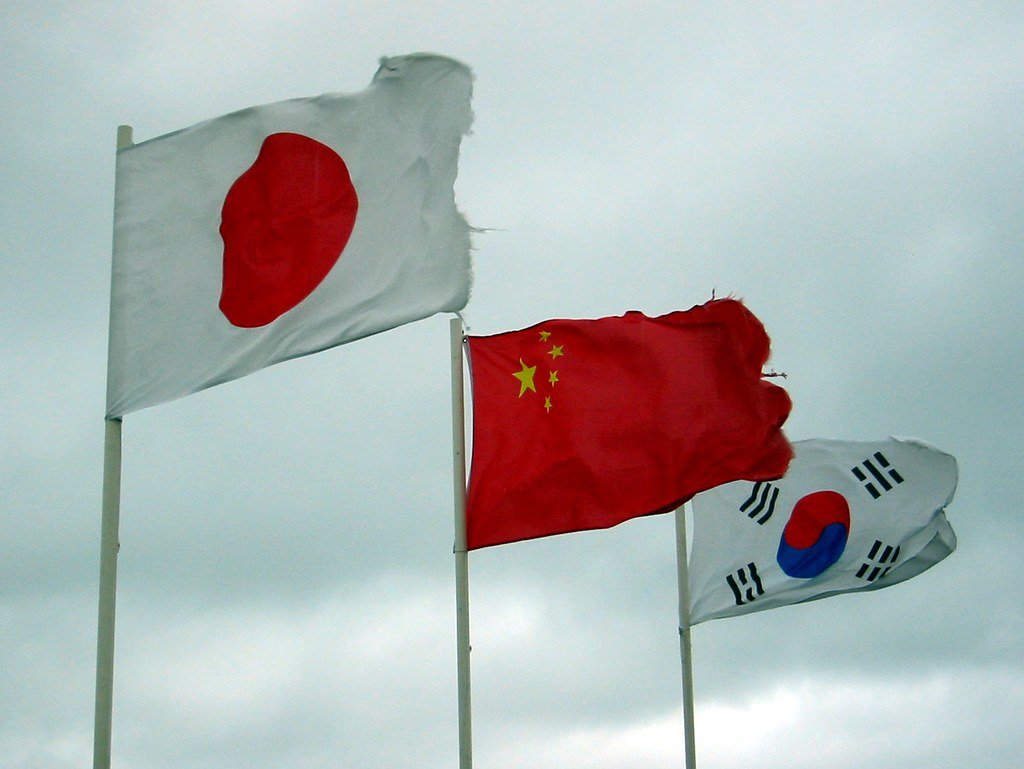


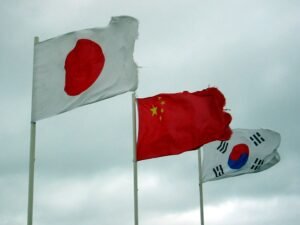
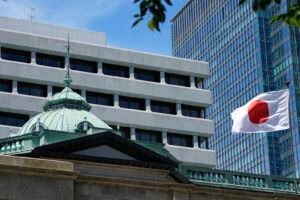






Post Comment